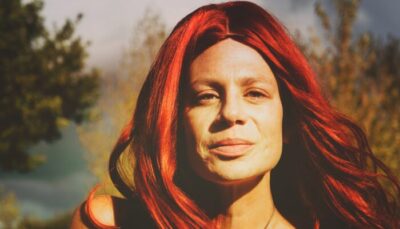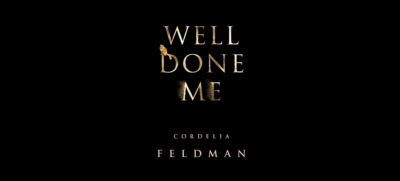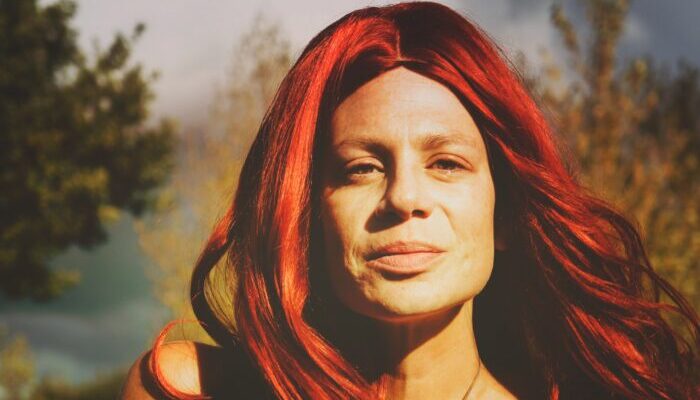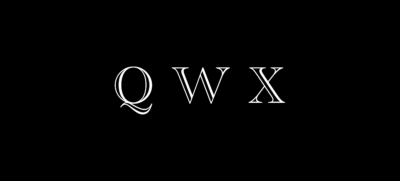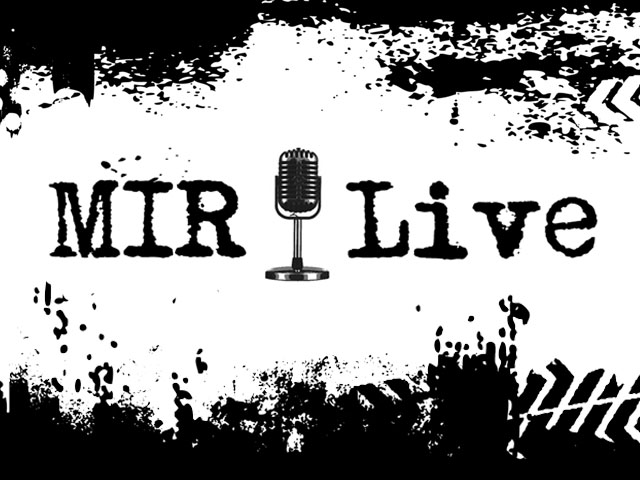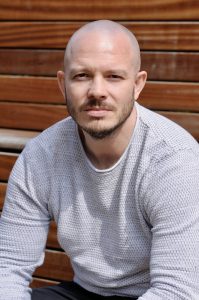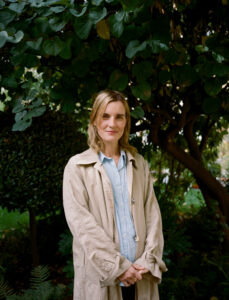‘Once while the soldiers were asleep a man broke out of the letter X. He burst through its centre and emerged into the world in a loincloth and began to run.’
Robert Priest
I belong to a race whose alphabet contains the letters Q, W and X. They are letters. Just letters like any others. But for the Turkish state, these aren’t just letters. They banned them.
****
My journey with the X began with the death of my father. He slipped away quietly in his sleep. We took him to Hançıplak, a village in Southern Turkey, where he was born. The crowd made a circle around the rectangular hole dug into the ground. Men lowered the coffin slowly until it hit the bottom of the grave. The ropes with which the coffin descended wrinkled like ribbons on the coffin. My grandmother said to the men with spades, “Put me there too.” They didn’t. Instead, they held her shoulders to stop her from leaping into the hole like a lizard. When we went home, my grandma said, “Your father wanted to call you Xeyal. From now on your name is Xeyal,” announcing it with a voice soaked in grief. I was fifteen. I knew nobody whose name started with X. I rolled the name on my tongue like a sweet. I wanted it to melt in my mouth and mix with my body. I said out loud, Xeyal, Xeyal, Xeyal. I did not belong to it, nor did the name belong to me.
That day, I wrote an X on plain paper. I stared at it like I was expecting it to talk to me. I remembered:
I was in Year 5 in my Grandmother’s village, Hançıplak. When the school bell rang, we ran outside to play hide-and-seek. I was the seeker. I put my hands on the wrinkled mulberry tree in the playground and placed my face on my hands. I began to count up to ten. Slowly. Yek, du, sê, car, pênch, seş, heft, heşt, neh, deh. Ready or not, here I come. I turned around. To my horror, Mr Mustafa stood in front of me like the bark of a tree. He began to move his eyebrows. They looked like bird wings getting ready to escape from his forehead.
“Come inside with me,” he ordered me.
Hiders stuck out their heads from their hiding places, peering at me.
“At school, we only speak Turkish. Nobody is allowed to speak in Kurdish.”
“I forgot. Cos my grandmother doesn’t know Turkish. At home, I speak… Kurdish… all the time.”
“Get me the punishing stick,” he commanded again.
“Hold out your fingernails.”
I brought my fingers together, facing up. They looked like children making a circle with their heads. Then I extend my hand out to Mr Mustafa.
****
I began to listen to my grandma’s laments and catch the letters Q, W and X like a cat seizing a mouse, twisting them on my tongue.
I often wondered if these letters could have made themselves invisible among the other letters. Q could have hidden behind O and curled its tail around it. W could have folded its body in half, pretending to be a V. X could have straightened its diagonal lines into one and settled itself behind I. But that would have meant denying their identities, losing their sound, and uniqueness, and living in fear of being discovered. Q hidden behind O would have forgotten its qeh sound, W concealed behind V would have lost its weh sound, and X buried behind I would have lost its kheh sound.
I imagined Q, W, and X locked away behind barred doors and declared guilty for removing their veils.
Would it have been worthwhile to have been veiled and lived?
****
The next time I heard about X alongside Q and W was when a friend from Istanbul visited me. She told me a man got arrested for asserting his name started with an X. I was sixteen, and I was on the lookout for X. But, of course, he did not go to prison solely for that reason. The authorities claimed he was a terrorist, wanting to split the country into two like a watermelon: Turkey and Kurdistan. But people who knew the man said, “He was a poor man who knew nothing.” In fact, he did know P for Politics.
****
When I was seventeen, I met a man and fell in love with him. He was twenty-five. He was a Kurdish activist working for HADEP: People’s Democracy Party. He called himself Kawa. Of course, that was not his real name. On our first date, he took me to a stinky restaurant. The smell of rotten meat escaped from the kitchen and hovered in our nostrils. I wanted him to see me as a girl fiercely passionate about the Kurdish language, especially the letters, Q, W and X. Kawa taught Kurdish to people behind the closed doors of HADEP, filling their heads with dangerous letters like Q, W, and X.
“Would you teach me how to read and write in Kurdish?” My heart was beating against my chest like it wanted to leap into Kawa’s.
“I would be delighted,” he said.
“Let’s start.” I looked into his oval-shaped face like it was a mirror held for me. Just for me.
“What would you like to know?”
“Everything,” I answered immediately.
Kawa scanned my face. I fidgeted on my chair and crossed my legs under the table. My right foot touched his lightly. With the touch, my heart sizzled like butter in a pan.
I looked under the table and said, “I am so sorry.”
He said, “It is ok.”
Kawa began to fill my head with politics and poetry. I did not understand either. The most poetry he gave me was by Murathan Mungan. The first poem he gave me said, ‘If I was a poet, I would have beaten you with each of my sentences.’ And ‘You would have hung yourself from each letter.’ The beating and hanging made me shiver like a branch trembling in the wind, and I thought the poet was very sick and needed immediate psychiatric treatment. But it made me realise something: I wanted to do things with sentences and letters, especially Q, W and X. I wanted these letters to hammer my consciousness.
“Do Kurds have poetry?” I focused my eyes on his knowing face.
“Ahmedê Xanî’s epic poem Mem û Zîn is an extraordinary love story. Better than Romeo and Juliet,” he said.
I looked into his wide eyes and long curved lashes.
“Do you know any lines from Mem û Zîn?” He flapped his long eyelashes like butterfly wings.
“Oh, yes,” he said.
Kawa’s eyes moved to remember lines: they made a pattern as though they were swaying on a swing that swung from side to side.
‘I wonder at the wisdom of the Lord
The Kurds in the State of the World
For what reason is their deprivation
For what purpose is their condemnation.’
Kawa stopped and his eyes focused on me like klieg lights; I returned his gaze with confusion.
“Are you sure this is a love story?” Maybe the love was hidden behind the sentences, I thought.
“Ahmedê Xanî is more complicated than William Shakespeare, at least as a thinker. The pages … are full of thoughts, often dominated by philosophy, particularly Sufism, shades of meanings, double-meanings, metaphors, and symbolic expressions, play a major role.”
I still didn’t understand where the love was. Love must have concealed itself in the language like Q, W, and X. Or maybe the Kurds are shielded in the Love story.
“When was it written?”
“1692.”
We, the barbarian with a language that contains Q, W, X have a poet, and he wrote in 1692, and he is better than Shakespeare, I must let the world know, I murmured to myself.
“Pardon me,” said Kawa.
“Let’s go. This place stinks.”
While we strolled, Kawa gave me facts with no poetry.
‘In March 1924 … the Turkish state had officially prohibited the use of Kurdish in schools and law courts … traditional Kurdish clothing and music were also banned.’ If you publish anything in Kurdish, without doubt, you would be imprisoned, tortured and killed. The official began to describe Kurds as ‘mountain Turks who have forgotten their own language.’ Kurds were told ‘You are not Kurds, but Turks, and we are going to make you see that … You are enemies of the state, and should be destroyed, but instead, the state has decided to educate you, to make you good Turks … We will fit you for society.’
Kawa stopped and looked at the ground wordlessly. Then he peered into the sky, and new words landed on his tongue.
“Call me Xeyal,” I said.
Bediye was born and raised in a village in Southern Turkey and came to the UK as a refugee in her early twenties. Her piece X and I is about that experience.
